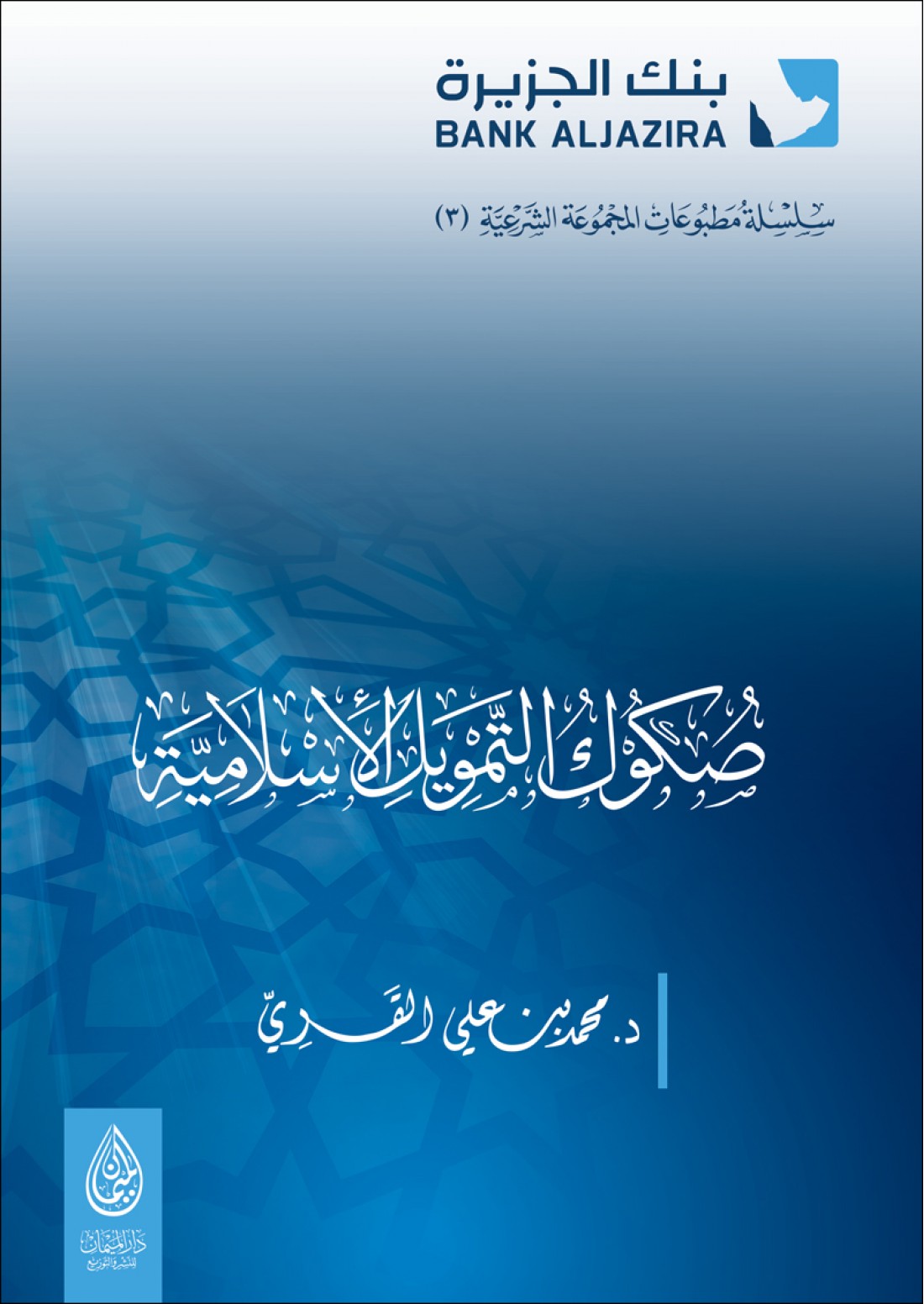The next book in this list is by Sheikh Mohamed El Gari who is a prominent Shariah scholar specialising in contemporary Islamic economics and finance. He is a member of the Shariah board of AAOIFI as well as Shariah advisor to numerous financial institutions globally.
The Shariah departments of Islamic IFIs in KSA are very active in publishing relevant research in order to spread knowledge and to encourage further discussion. This particular book from Bank AlJazira, is on the topic of Sukuk, which is a very interesting but complicated area of Islamic Capital Markets, and often misunderstood. The author takes the reader through the history of Sukuk in the Islamic world, starting from the early days of Islam to its resurgence in the contemporary Islamic finance industry. A background of the global Sukuk market is given, discussing its progress since inception and various major milestones. As the book was recently published (2019), it also discusses recent Sukuk issuances as well as controversies, such as the Dana Gas Sukuk case.
For anyone working with Sukuk or interested in learning more about them, the book is an excellent resource as it discusses them from various perspectives i.e. Shariah, Economic & Legal. For example, the author discusses the need for financial instruments such as Sukuk (fixed income) within the Islamic finance industry and greater economy. One of the main features of the book is that it is very practical in nature as opposed to theoretical, which makes it very beneficial.
As anyone with experience working in Shariah advisory roles would know, Sukuk structures and their relevant documentation are often very complicated and many of the structural elements are the subject of intense debate amongst Shariah experts in the field, something the author himself mentions in the book. As a foremost advisor to most Sukuk issuances today, the author has discussed most of these structural elements together with the reasoning for them from Shariah as well as various other perspectives. Whether you agree with the author or not on some of the issues, it is interesting to read his opinions and the various rationale for them. There is no doubt that his views hold weight and should be considered by those working in Shariah.
This book is one of the best resources in Arabic for anyone wanting to learn about contemporary Shariah issues regarding Sukuk and I highly recommend it to those working in Shariah, particularly those involved in the review of Sukuk structures and documentation.
To read the previous post (#7) of this series, please click the link below:
To read the next post (#9) in this series, please click the link below:
Islamic Economics/Finance Reading List (#9) – Islamic Commercial Law | RIZQONOMICS

